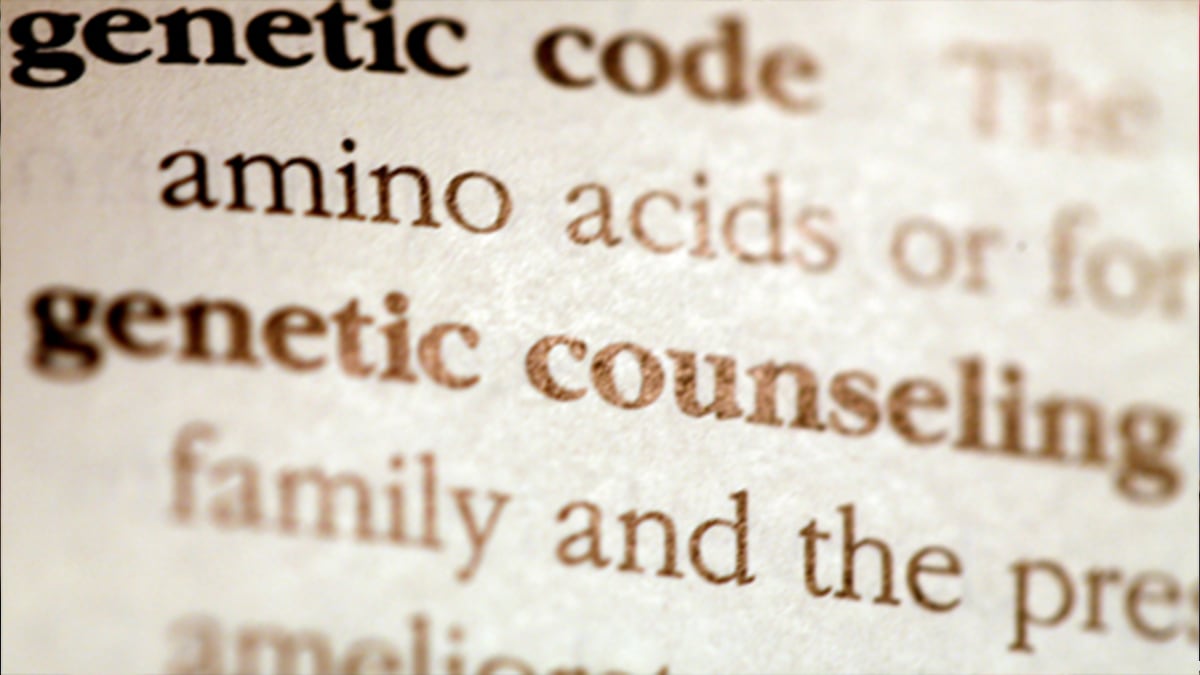What to know
If you have a personal or family health history that indicates you could have FH, your healthcare provider may refer you for genetic counseling. Genetic counseling can help you better understand the likelihood that you or your family members have FH, teach you more about the disorder, and help you decide if genetic testing for FH is right for you. If you decide to get testing, genetic counseling can help you understand what your test results mean.

Referral for genetic counseling
Your healthcare provider may refer you for genetic counseling if you have
- Signs of familial hypercholesterolemia
- Coronary artery disease or a heart attack before age 50 (for males) or age 60 (for females)
- LDL-cholesterol levels higher than 190 mg/dL
- Physical signs of FH
- Coronary artery disease or a heart attack before age 50 (for males) or age 60 (for females)
- A family member with FH
- A strong family health history of heart disease
- Father, brother, son, or other male relatives who have had a heart attack or coronary artery disease before age 50
- Mother, sister, daughter, or other female relatives who have had a heart attack or coronary artery disease before age 60
- Father, brother, son, or other male relatives who have had a heart attack or coronary artery disease before age 50
What to expect at your appointment
At your genetic counseling appointment, the genetic counselor might
- Explain why you were referred, the genetics of FH, and what genetic testing can and cannot tell you.
- Review your family health history. Depending on your family's risk, the counselor may recommend genetic testing to look for FH genetic changes (mutations).
- Help you decide whether or not genetic testing is right for you. You do not have to get testing if you do not want it.
- Choose the test they think will work best for you if you decide to get testing. If one of your family members has a known FH genetic change, you should be tested for that genetic change. Ideally, the first person tested in your family should be someone with signs of FH.
- After testing, explain what your test results mean. If you have FH, the genetic counselor can discuss your medical options and provide information about support groups and other resources.
Most cases of heart disease are not caused by inherited mutations, so genetic testing will not help most people with a family health history of heart disease. Genetic counseling and testing may be covered by insurance. Check with your insurance provider to determine your coverage.
Additional resources
For an overview of the Genetic Information Nondiscrimination Act (GINA) which protects Americans undergoing genetic testing from discrimination, click here.
